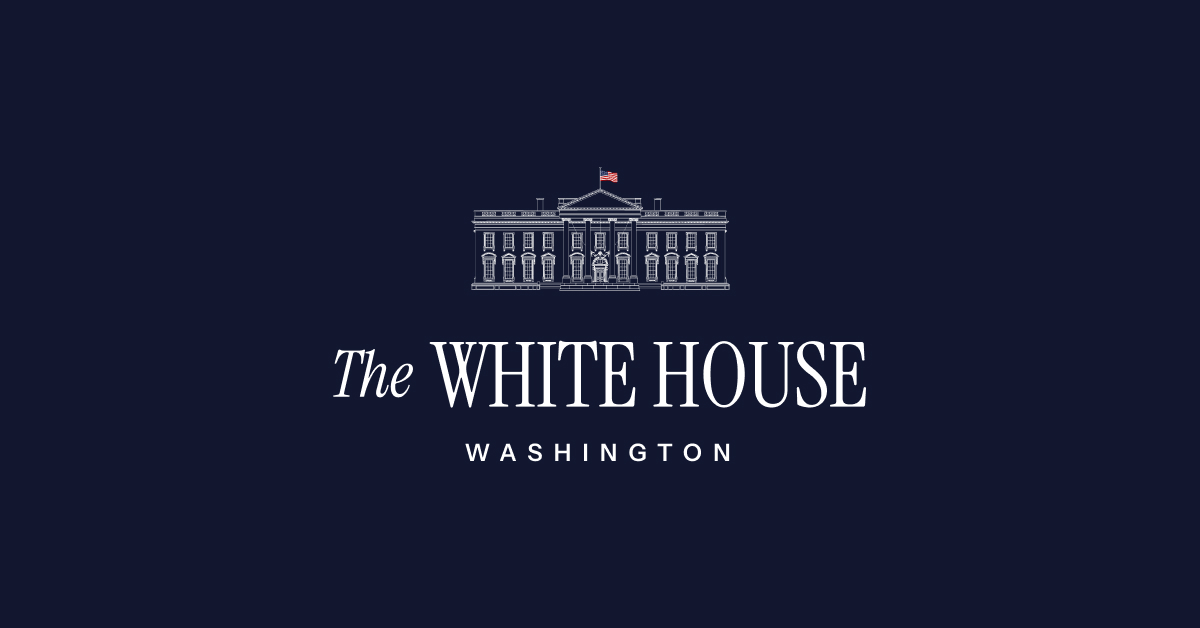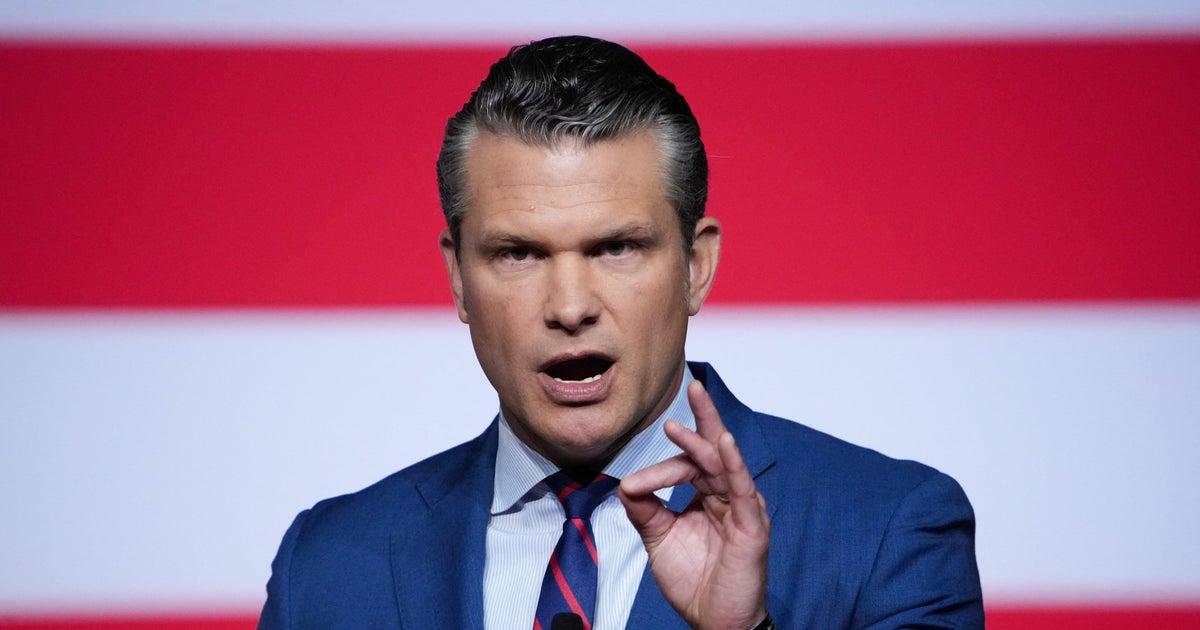A remarkable scene unfolded in the White House State Dining Room on Wednesday as the Trump administration convened a group of independent journalists and online commentators to share stories of violence at the hands of Antifa, an anti-fascist movement with no leadership or organization.
President Donald Trump and top officials vowed to use the full weight of the federal government to bring down Antifa – comparing it to major gangs and drug cartels who they’ve attacked with the US military. They said they’d go after Antifa’s finances and designate it an “international” terrorist organization as they moved to dismantle it.
But Antifa is more of an ideology than an organized national group. And the rhetoric from the president and his top lieutenants on Wednesday is likely to stoke ongoing concerns about a broad crackdown on civil liberties.
Last month, Trump designated Antifa as a domestic terrorist organization, but the White House has yet to provide details about how it will crack down on it, given its amorphous nature.
The term Antifa, short for anti-fascist, is used to define a broad group of people whose political beliefs lean toward the left — often the far left — but do not conform with the Democratic Party platform. Unlike militant far-right groups like the Proud Boys and Oath Keepers, Antifa has never had a leader, nor is there a hierarchy or a command structure.
It would be a violation of the First Amendment to prosecute all those who subscribed to anti-fascist ideology. While it is illegal to provide “material support” to groups designated by the government as foreign terrorist organizations, there is not an analogous law for domestic groups.
Speaking during the round table, Trump said members of the group “have been very threatening to people, but we’re going to be very threatening to them, far more threatening to them than they ever were with us.”
“And that includes the people that fund them, probably some of the people I know, some of the people I dine with,” he continued. “But if they do, they’re in deep trouble, so we’re going to be looking very strongly at the people that are funding these operations.”
FBI Director Kash Patel pledged that his bureau “will not rest until we find every single seed money, donor organization and funding mechanism that we have.”
Patel said his department is working with Treasury Secretary Scott Bessent, “who is allowing us to map out these networks through their financial criminal activities, which has been going on for decades.”
Trump later indicated that he would be open to designating Antifa a foreign terror organization when asked, though a US entity cannot be designated as a foreign terror organization. “Does everybody agree?” the president quizzed top officials. “If you agree, I agree. Let’s get it done.”
Attorney General Pamela Bondi compared the movement to the administration’s effort to target cartels.
“Fighting crime is more than just getting the bad guy off the streets. It’s breaking down the organization brick by brick, just like we did with cartels. We’re going to take the same approach, President Trump, with Antifa, destroy the entire organization, from top to bottom. We’re going to take them apart,” Bondi said.
The Trump administration has recently made multiple lethal strikes against boats allegedly operated by drug cartels in the Caribbean, who officials have accused of being “narco-terrorists.”
Antifa, Homeland Security Secretary Kristi Noem added, is “just as sophisticated as MS-13, as TDA (Tren de Aragua), as ISIS, as Hezbollah, as Hamas — as all of them — they are just as dangerous.”
Trump later asked one of the commentators if he could share the names of those who fund Antifa with Patel, Bondi, or Noem, and said that anyone involved would “probably” be committing “treason.”
Throughout the event, which spanned nearly two hours, the president and panelists repeatedly stoked anti-media sentiment for its coverage of protests across the country, with Trump even quizzing participants, “What network would you say is the worst?”
Patel also offered praise for the independent journalists and commentators in the room, saying some gathered around the table are “reporting the stories live time because the mainstream media won’t cover it.”
“They’re putting their lives on the line, they’re standing up for the flag, the least we can do is stand up for them, so you have my thanks. I read more of your stories than I do theirs,” the FBI director said.
Many of the panelists joined the chorus, with conservative activist Nick Sortor calling the press pool gathered to cover the event “garbage.”
And another conservative activist, Nick Shirley, complained that most legacy media outlets had not bothered to invite him on their airwaves.
Trump closed the event with one final ding at reporters in the room before departing, he said, to address ongoing efforts to secure a Middle East peace deal.
“I think you could stay a little longer, but, you know, the problem is, although you have some very honest journalists in here, you also have some mostly largely dishonest journalists, like MS-DNC and CNN — I think they’re very dishonest, unbelievably, like a waste of time even talking to them,” he said. “But I have to go now to try and solve some problems in the Middle East.”
Source link


